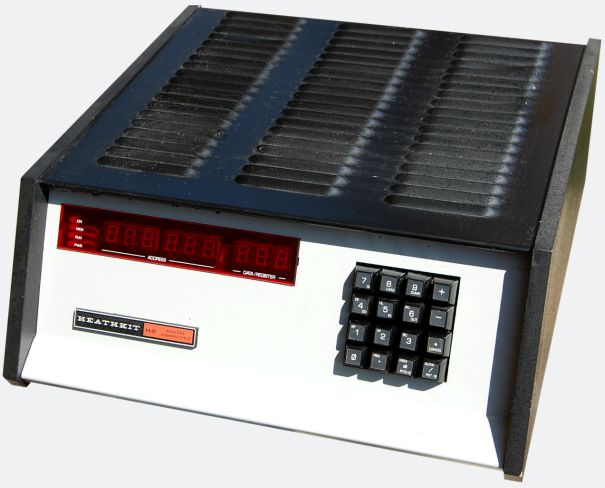
As you may already know Heathkit was known for their kit projects and the Heathkit H8 was no exception. You could buy it in kit for and assemble it yourself for $379.00 or you could buy it pre-assembled for $475.00. While $379.00 may sound like a good deal you would only get the chassis and CPU card. If you wanted to run software you would need to install the H8-1 memory board with 4k of RAM but that would set you back $140 more dollars. If you wanted to use a cassette drive then you would have to install the H8-5 Serial I/O board which would cost another $110. So, you can see that in order to build a nice machine for the time it would cost a pretty penny.
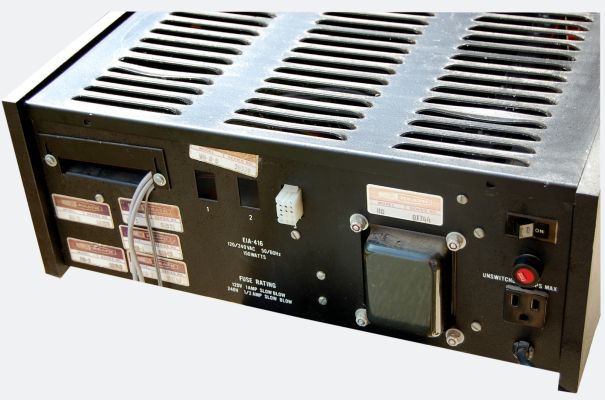
The Heathkit H8 hit the market in late 1977 right about the time that most computer manufacturers were moving away from user assembled kits. It ran on the Intel 8080A chip at 2 MHz. You could install up to 64k RAM and in 1978 Heathkit introduced a dual floppy drive as well. The display was a 9 digit red LED display. The operating system was called HDOS or Heathkit DOS and it would also run CP/M. To do any real computing an H8 owner really needed a terminal. Heathkit originally produced the H9 display terminal which had 12 lines of upper case only characters. They later upgraded to the H19 terminal which could use both lower and uppercase as well as graphic characters. Heathkit introduced the H89 all in one computer a couple years later which had an integrated terminal. The H89 was also known as the Zenith Z89.
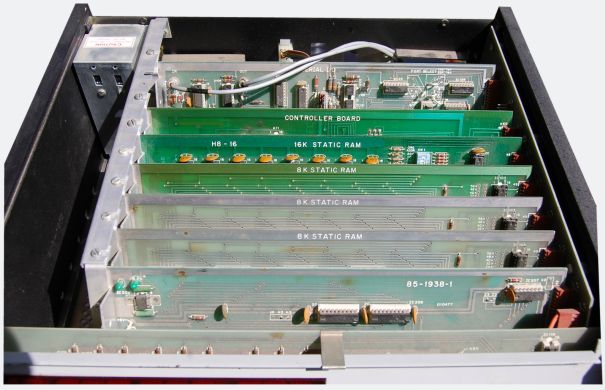
At the time of the H8’s production the S-100 was becoming the standard for most computers but Heath decided to design their own bus known as the Benton Harbor Bus. It was based upon a 50 pin connector and was actually better designed then the S-100 bus. Inside the H8 had slots for 10 expansion cards but only 8 could be used for full sized cards as the other two slots were encroached upon by the power supply so only a short expansion card would fit.
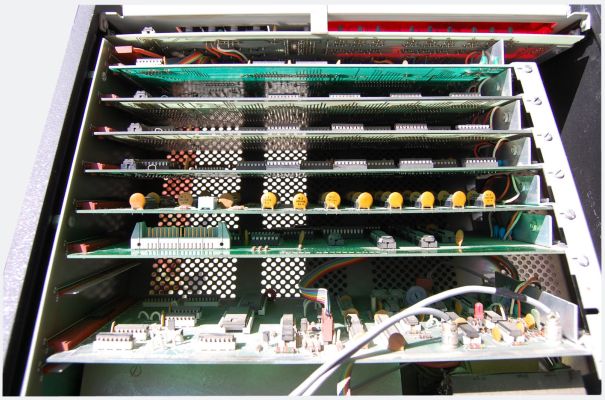
Another interesting difference between the H8 and other kits such as the IMSAI or Altair kits was that it actually had ROM. The other kits had no ROM and required a loader program to be input via toggle switches. The H8 had this preloaded into 1k ROM so that it was useable upon bootup.
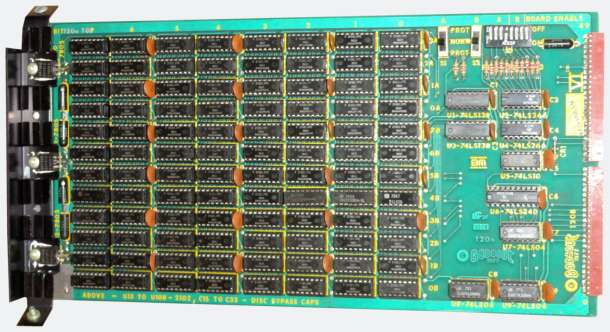
The Heathkit H8 computer is somewhat rare, especially with a lot of accessories, so prices are moving up. Most H8’s with the two standard boards (CPU and front panel) and the H8-5 Serial I/O board sell for around $250 to $300. An H8 in very good working condition with a number of expansion boards can sell for over $400.
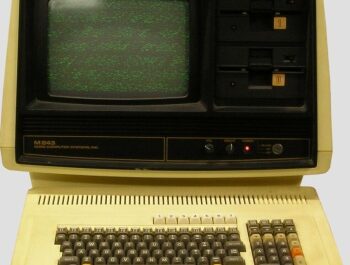
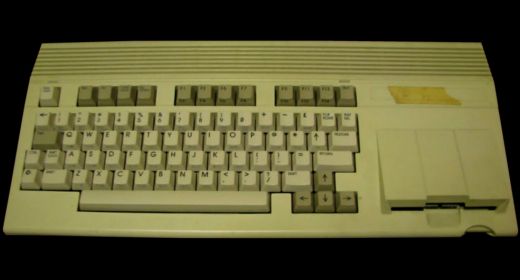
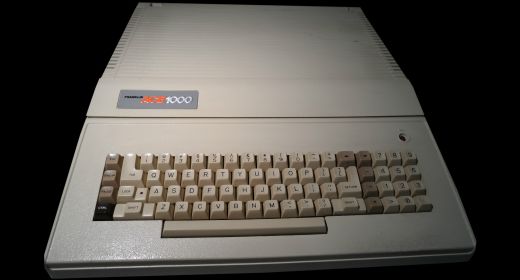
How to sell/dispose of: Heathkit H8 with H19, 2 – 5″floppy drives, manuals, software?